
By Our Reporter
Prime Minister Sushila Karki’s decision to recall 11 ambassadors has again drawn attention to one of Nepal’s recurring weaknesses in diplomacy- the politicization of ambassadorial appointments. The recalled envoys, stationed in key countries like the United States, China, the United Kingdom, and Japan, were mostly political nominees from the previous administration. Though the government has cited “declining engagement” with host countries as the reason, the move has raised questions about timing, necessity, and its impact on Nepal’s credibility abroad. However, the government, especially PM Karki, is accused of being selective as she did not recall ambassadors of India, Australia, Denmark, South Korea, South Africa, and Sri Lanka.
The practice of recalling ambassadors whenever a new government takes over has become almost a ritual in Kathmandu. Each administration tends to remove the previous team to make space for its own loyalists. As a result, few ambassadors ever complete their four-year terms. This constant reshuffling may serve short-term political interests but has long-term costs for Nepal’s diplomacy. It interrupts ongoing initiatives, disrupts communication channels, and sends an unmistakable signal of instability to the international community. When an ambassador changes before they can establish working relationships or deliver on commitments, foreign governments begin to view Nepal’s diplomacy as inconsistent and unreliable.
Meanwhile, the Supreme Court has issued an order directing the government to explain the reasons for recalling Nepali ambassadors from 11 different countries. A writ petition had been filed in the Supreme Court, claiming that the decision to recall the ambassadors was not legally justified. If the SC term the government’s recall unjustified, then the government suffers a set back.
Former ambassador to India, Deep Kumar Upadhaya, rightly points out that such instability undermines the country’s image. Nepal’s passport, already among the weakest in the region, reflects not just economic challenges but also the perception of poor governance. Frequent changes in envoys only reinforce this perception. Even recalled ambassador Netra Prasad Timilsina admitted that people in Malaysia “laugh at Nepal’s diplomatic instability.” Such comments, though embarrassing, reveal a hard truth that Nepal’s foreign service often mirrors its domestic political chaos.
For the Karki government, the decision seems driven by both compulsion and caution. Most of the recalled ambassadors were political appointees under KP Sharma Oli’s leadership, and some host countries had reportedly reduced engagement with them. Karki may have felt that continuing with envoys seen as politically aligned with the former regime could weaken her administration’s legitimacy. The government may also want to install new ambassadors who reflect its own priorities before the March elections. Yet the absence of a foreign minister makes the timing questionable. Without clear leadership at the Foreign Ministry, recalling ambassadors looks more like a symbolic purge than a strategic reform.
This action also comes at a politically sensitive time. The interim government’s main responsibility is to conduct elections and maintain stability, not to overhaul the diplomatic corps. Recalling ambassadors from major capitals without immediate replacements risks slowing Nepal’s engagement with key partners. It also complicates the work of embassies at a time when Nepal needs consistent messaging abroad, especially after the turbulence of the Gen Z movement and shifting global dynamics.
Experts on Nepal’s international relations warn that frequent turnover creates mistrust among foreign governments, as each new ambassador restarts relationships from scratch. Diplomacy thrives on continuity and institutional memory, both of which are lost when appointments are treated as political rewards. If this recall is followed by another round of politically motivated appointments without proper vetting or parliamentary hearing, the Karki government will appear no different from its predecessors.
Ultimately, if the government replaces the recalled ambassadors with competent professionals who understand Nepal’s geopolitical realities and can represent the country with credibility, it may restore some balance. If not, this will go down as another episode of short-term political maneuvering at the cost of Nepal’s diplomatic reputation.






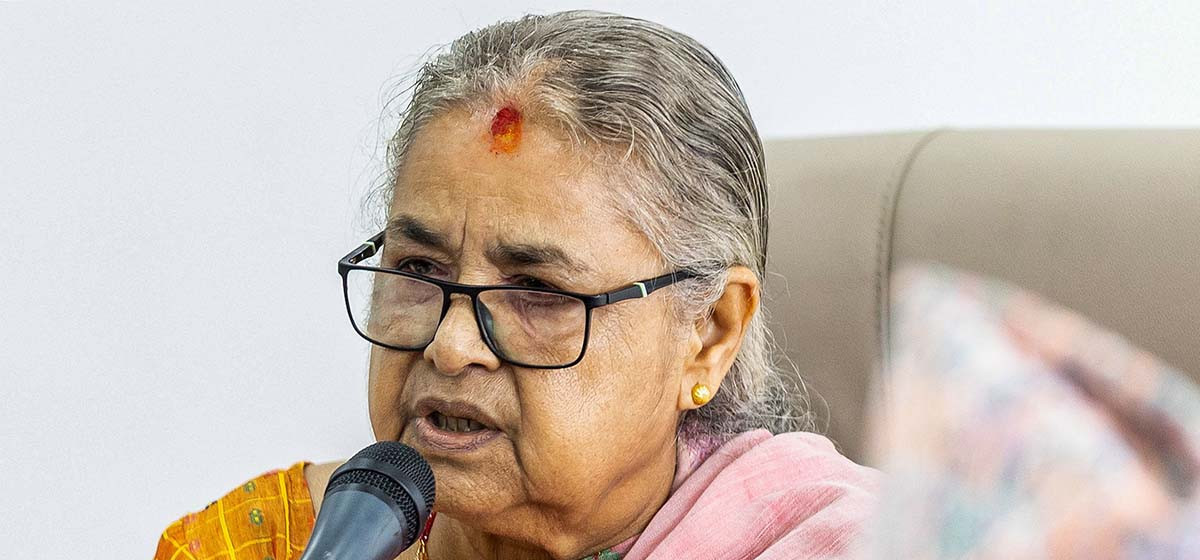
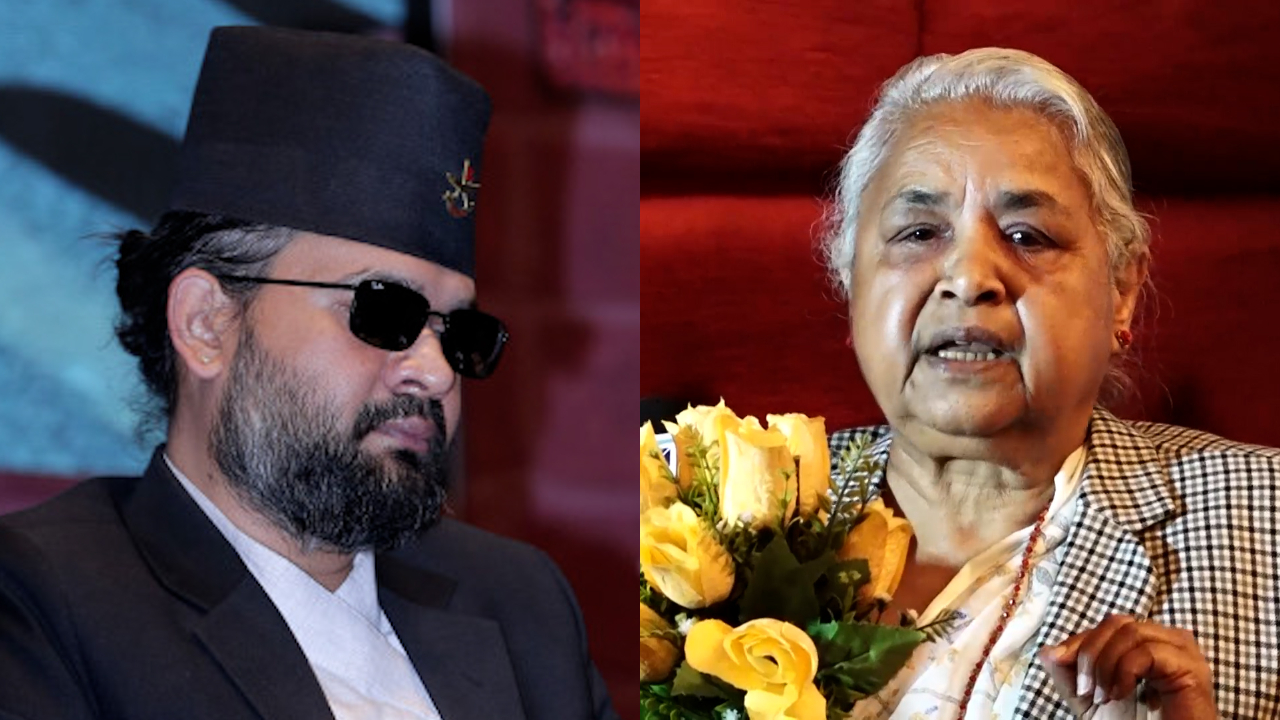
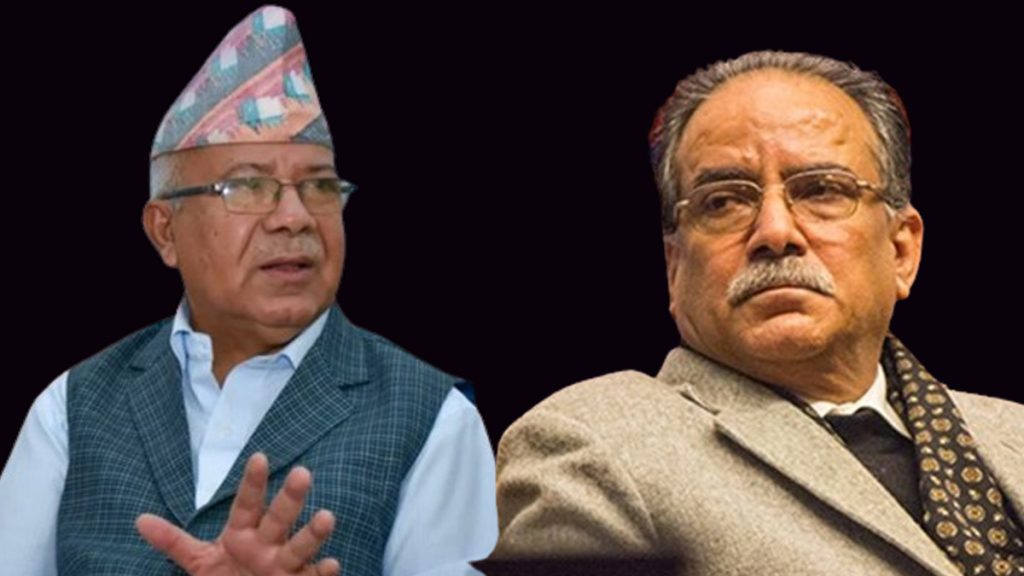
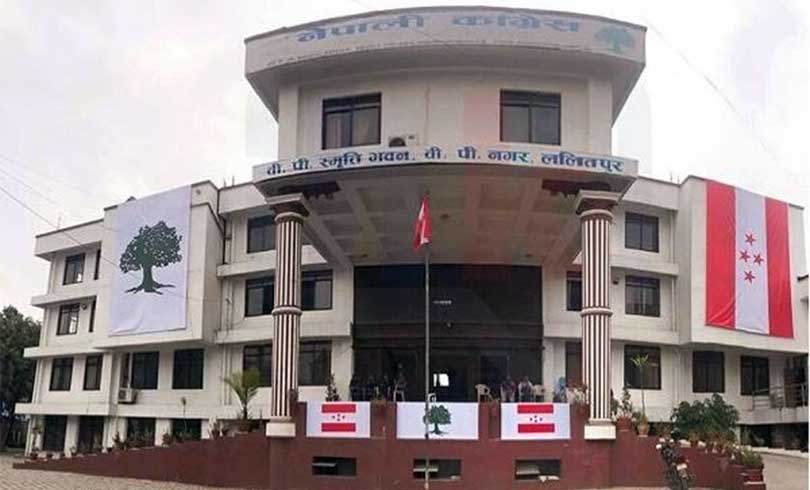




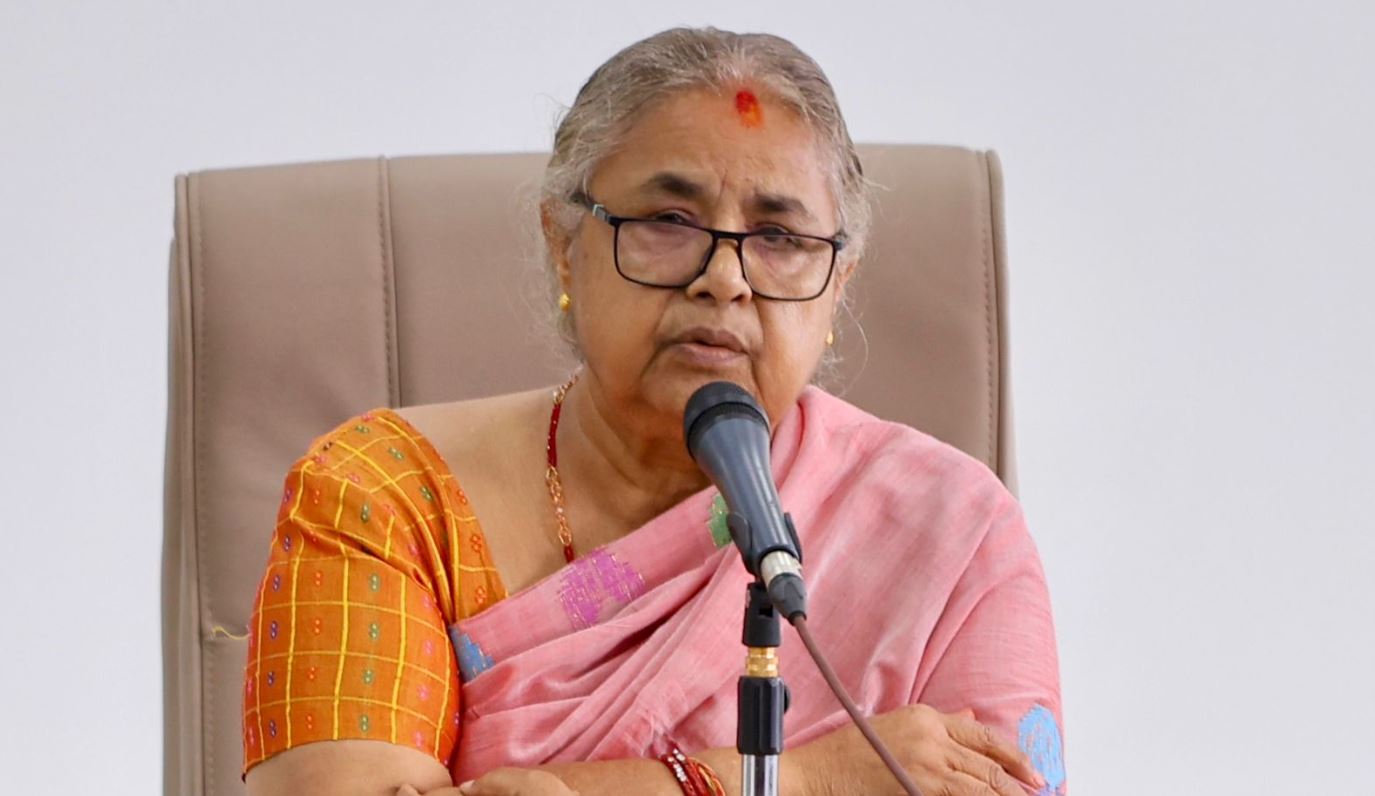
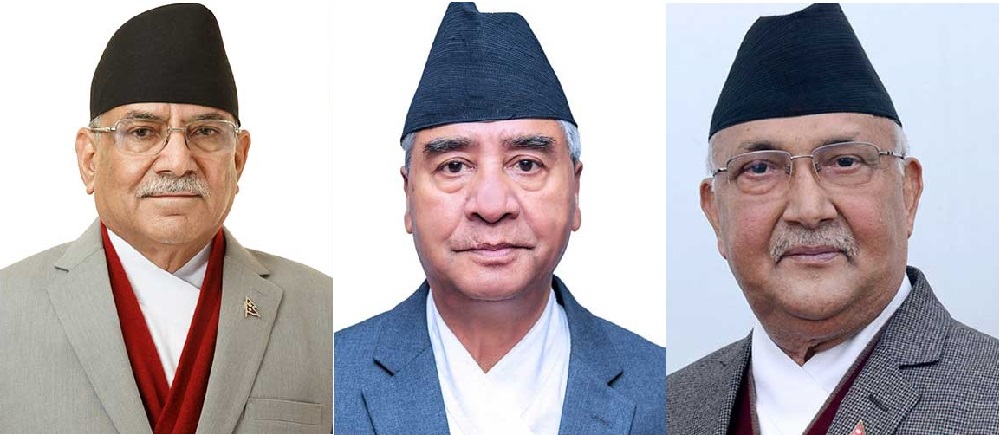
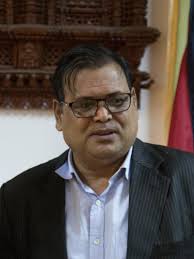

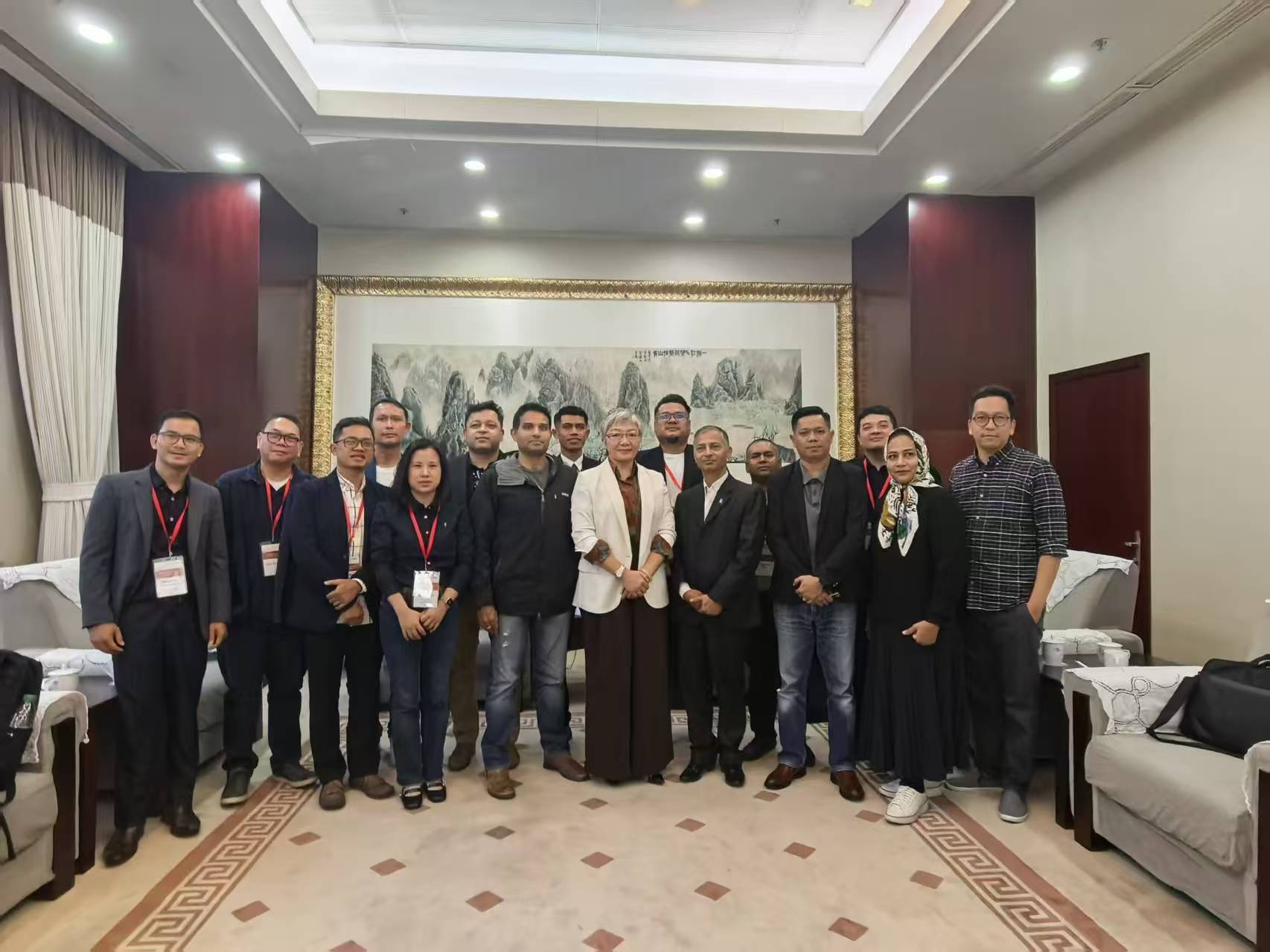
Comments:
Leave a Reply